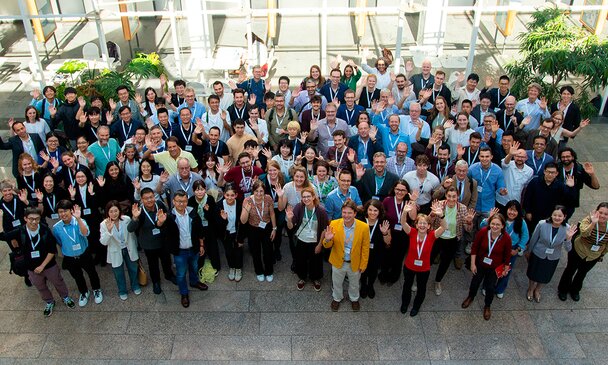
ŠKODA AUTO a.s. is now FIT’s Gold Partner. The agreement with the number 1 automotive company in the Czech Republic is a result of efficient collaboration. The idea is to connect IT theory and practice to make the automotive industry more efficient and educate future IT experts. This collaboration began in 2019 and since then four projects have been successfully implemented.
ŠKODA AUTO as FIT CTU’s Gold Partner wishes to employ high-quality, well-profiled graduates. At the same time, the company has technological equipment that it would be happy to use to support FIT. The faculty’s dean, doc. Marcel Jiřina, comments:
“Our faculty appreciates the possibility to collaborate with this particular company. The faculty’s aim is to connect theory and practice and to involve students in interesting projects with our partners that will help them acquire work experience that is relevant to their future career.”
The collaboration between the two subjects started at the beginning of this year and since then four projects have been successfully implemented. Mgr. Petr Šimánek and Mgr. Vojtěch Rybář, at the Office for Cooperation with Industry, FIT CTU, together with the Aerodynamics Department, ŠKODA AUTO, created a tool for systematic processing of available data using artificial intelligence. This knowledge could lead to decreased fuel consumption and increased range of electric cars. Ing. Jan Motl, who works at FIT, prepared a project for analyzing employee turnover at ŠKODA AUTO.
Petr Meliška, MBA, head of Recruitment and HR Marketing, and Mgr. Petr Rešl, head of IT for Production, signed the agreement on behalf of ŠKODA AUTO.
“Signing of the master agreement is the result of many years of collaboration with the faculty, which for us is a key partner in terms of supporting IT education in the Czech Republic and attracting talented students,” Mgr. Petr Rešl comments on the partnership.
In the discussion that preceded the signing ceremony, Dean Mgr. Marcel Jiřina also commented on the past collaboration. The two parties talked about the possibility to extend this collaboration in the future, for instance in the field of education, primarily in the doctoral programme. Thus, signing the agreement is a proof that this extraordinary partnership benefits both parties.


